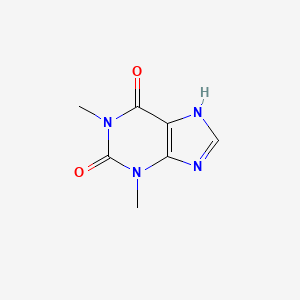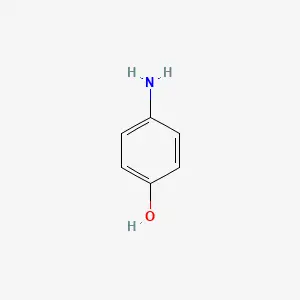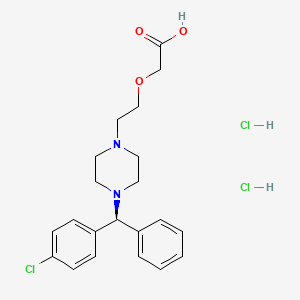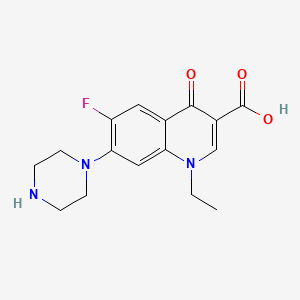Description
🔹 Key Details:
- Chemical Name: 1,3-Dimethylxanthine
- CAS Number: 58-55-9
- Molecular Formula: C₇H₈N₄O₂
- Molecular Weight: 180.16 g/mol
- Appearance: White to slightly yellow crystalline powder
- Melting Point: ~270–274°C (with decomposition)
- Solubility: Slightly soluble in water; more soluble in hot water and organic solvents
- Pharmacopoeia Standards: USP, BP, EP, IP
🔹 Applications:
- Therapeutic Use: Long-term control of asthma symptoms and prevention of nighttime asthma attacks; sometimes used for COPD





Reviews
There are no reviews yet.